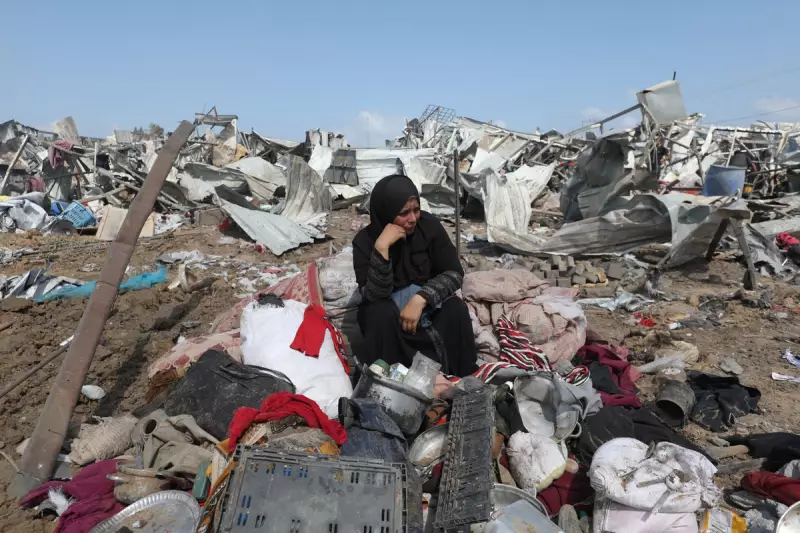
Israeli Prime Minister Benjamin Netanyahu has staunchly rejected a proposed ceasefire deal from Hamas, vowing to press on with a military offensive in the crowded southern Gaza city of Rafah until achieving "total victory". The defiant stance sets the stage for a significant escalation, despite urgent pleas from the international community.
Stalled Negotiations and a Firm Stance
The proposed truce, which involved the release of hostages held by Hamas, was dismissed by Mr Netanyahu as "delusional". He declared that continued military pressure is the only path to securing the release of the remaining captives. This hardline position effectively halts weeks of negotiations mediated by Egypt, Qatar, and the United States, leaving the fate of over 130 hostages uncertain.
Rafah: The Looming Flashpoint
The threat of a full-scale Israeli assault on Rafah is causing profound alarm. The city, once a designated safe zone, now shelters over half of Gaza's 2.3 million population. Most are displaced, living in desperate conditions in makeshift tents and facing severe shortages of food, water, and medicine.
Aid agencies and world leaders have issued stark warnings, stating an attack on Rafah would be catastrophic and could lead to immense loss of civilian life. UK Foreign Secretary David Cameron emphasised that the priority must be a ceasefire to get aid in and hostages out.
Deepening Humanitarian Catastrophe
The human cost of the conflict continues to mount at a horrifying pace. The Hamas-run health ministry in Gaza reports the Palestinian death toll has surpassed 27,500, with many more feared buried under rubble. The UN warns that widespread hunger and disease are rampant, with the healthcare system in a state of complete collapse.
International Diplomacy and Mounting Pressure
Mr Netanyahu's announcement places him at odds with key allies, including the United States. President Biden has advised Israel against a major operation in Rafah without a credible plan to protect civilians. The UK and EU have similarly expressed deep concern, calling for an immediate humanitarian pause.
As diplomatic efforts appear to falter, the region braces for what could be the most intense and devastating phase of the four-month-long war, with the world watching on in apprehension.





